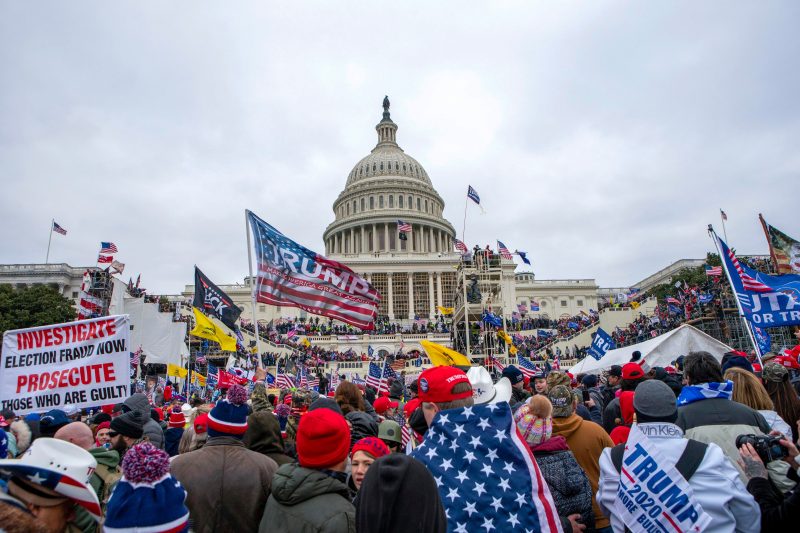On January 6th, 2021, the United States Capitol was stormed by a mob of pro-Trump supporters in an attempt to disrupt the certification of the 2020 presidential election. In the aftermath of the attack, many questions have been raised about the response of the Capitol Police and other law enforcement agencies.
Now, a U.S. Army officer has come forward to allege that he was the victim of reprisal for his account of the Capitol riot response.
Major Adam DeMarco, a member of the D.C. National Guard, testified before Congress on February 25th that he was subjected to a “campaign of retaliation” after he provided a detailed account of the Capitol Police’s response to the attack.
DeMarco, who was on duty at the Capitol on the day of the attack, testified that he was “shocked” by the lack of preparation and response from the Capitol Police. He also noted that the National Guard was not allowed to assist the Capitol Police until after the attack had already begun.
DeMarco’s testimony was met with criticism from some members of Congress, and he claims that he was subsequently subjected to a “campaign of retaliation” from his superiors. He alleges that he was removed from his position as a liaison officer to the Capitol Police and was denied a promotion.
DeMarco’s allegations are currently being investigated by the Pentagon’s Inspector General. If the allegations are found to be true, it could have serious implications for the military’s ability to provide honest and accurate testimony to Congress.
The incident also raises questions about the military’s commitment to protecting whistleblowers. DeMarco’s case is a reminder that those who speak out against wrongdoing must be protected from reprisal.
The events of January 6th have already had a lasting impact on the nation, and DeMarco’s case is yet another reminder of the need for accountability and transparency in the aftermath of the attack.

